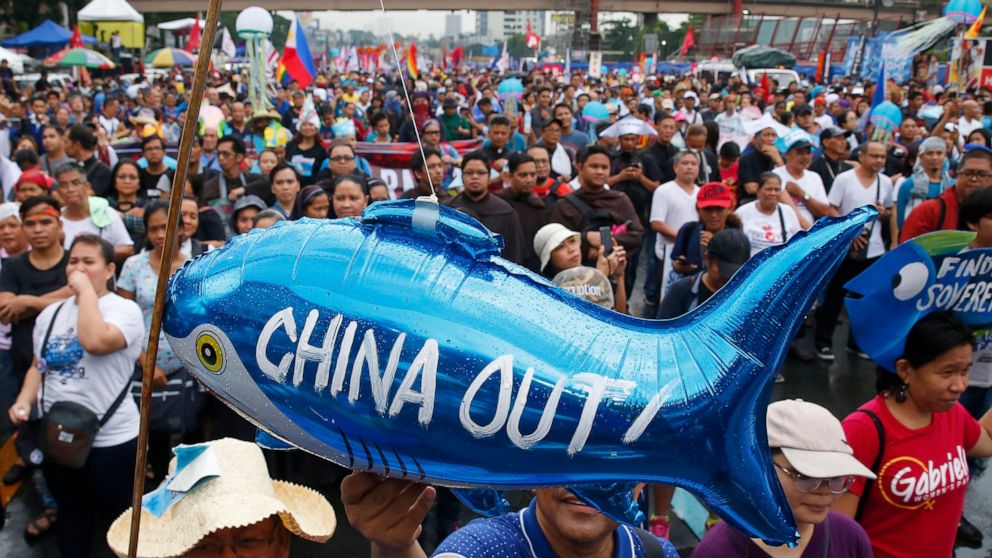The new Chinese law that provides coast guard with additional powers is seeing some criticism. These additional powers include a fire on foreign vessels and destroy other countries’ structures on islands that it claims. China’s new Coast Guard Law, which the Chinese parliament passed, has been key in resolving disputes.
It states that Chinese Coast Guards can take all necessary measures to use weapons during the infringement of national sovereignty. The new Chinese law raises the stakes that might encourage the possibilities of clashes between regional maritime rivals such as South Korea and Japan.
The philippine dissent is the biggest yet strongly worded public criticism of the new Chinese law. It showcases Beijing’s increasingly assertive actions in the disputed waters, despite the friendship of President Duterte with Xi Jin Ping.
Last July, Locsin warned China of “the strongest Response” if Chinese People’s Liberation Army tries to conduct military exercises in the South China Sea that too in the Philippine territories.
China, the Philippines, Vietnam, Malaysia, Taiwan and Brunei, have been in a significant scuffle for territorial dominance. For decades now, the South China Sea has been a centre of interest, conflicts and stand-offs.
China’s warning to the USA?
China has time and again warned the U.S. to stay away from the matter, stating it as a purely Asian dispute. Washington has also been adamant about showing force by deploying its warships to the disputed region to maintain peace.
USS Theodore Roosevelt, a U.S. Navy aircraft carrier had sailed into the South China Sea to conduct what has now seen as routine exercises. Washington has also been adamant about promoting freedom of the seas and reassure its allies against the constant Chinese threat.
In the past, Chinese have shown their aggression by transforming seven disputed reefs in the Spratlys into a missile-protected island base, including three military-grade runways. The talks and negotiations between China and Southeast Asian countries were on the backburner due to the Covid – 19 pandemic.

